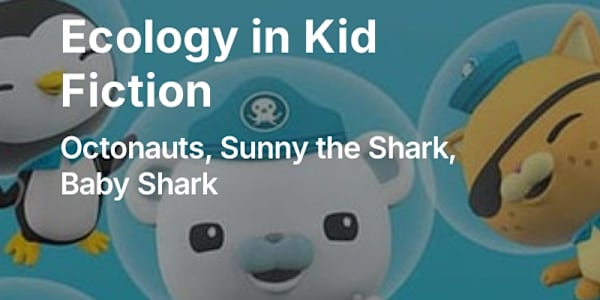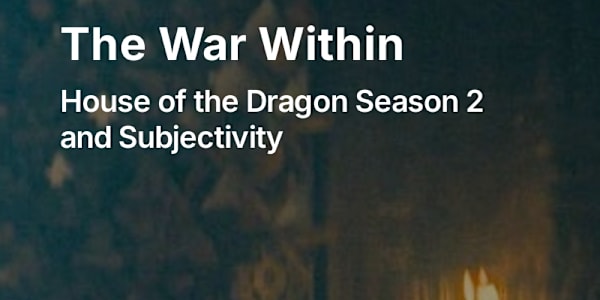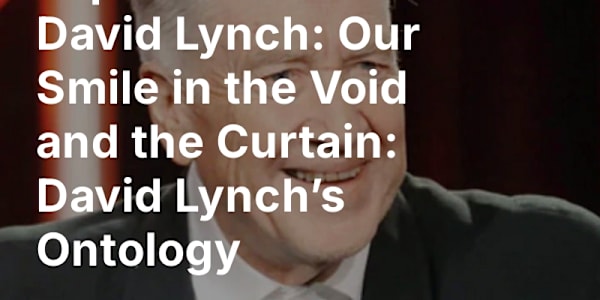Other Writing

It’s not hard getting to the what-you’re-supposed-to-think of things. It’s apparent in every exchange we have, the quiet presuppositions that define our engagement with the world. But what kid fiction shows is how to enjoy these presuppositions, what structures we use to cling to them...

Season 2 of House of the Dragon stays on the acute difficulty of living within one’s social coordinates. Instead of intrigue and conflict we get an entire season of hair pulling and heel grinding. And rather than building to a dramatic payoff, it cuts off with a season finale of characters who are only now charging in to battle. IS there an interesting way to read this? Can the structure of setting up viewer disappointment itself be interesting? Perhaps, but it takes some careful thought...
Come join my community! I'd love to hear your thoughts, whether it's on exclusive monthly articles on the philosophy that's at work in our fiction, or some free peaks into the writing and world of Where We've Made It Dark itself.
